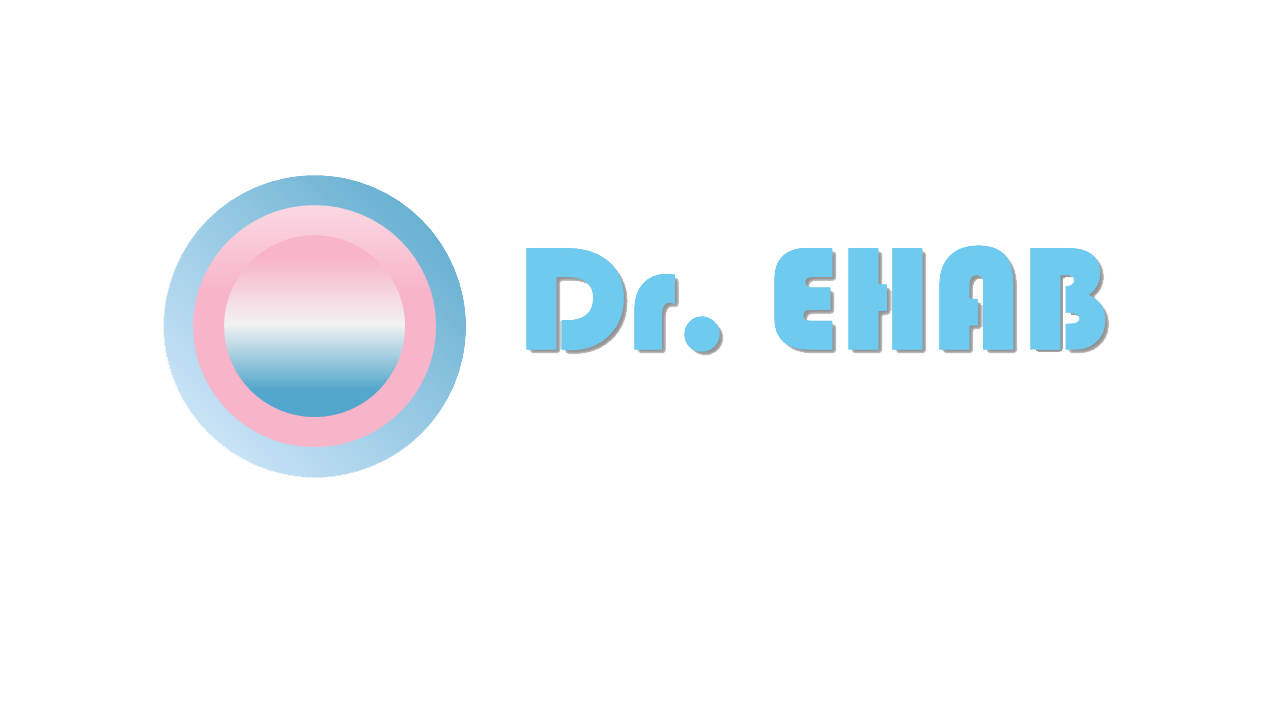Motherhood in contemporary western societies takes place in a context in which there is a network of expert advice surrounding these experiences and heightened expectations of what is expected of women. The ideal of ‘intensive mothering’ is the dominant culturally approved model of motherhood, which expects mothers to expend intensive time, energy and money in raising and caring for their children and is characterised by a logic of ‘unselfish nurturing’ (Hays 1996, p. x). Ideas about childhood represent the child as vulnerable, that childhood
should be a protected world and that children can only survive and develop successfully if intensely nurtured and protected by adults (Beck and Beck-Gernsheim 1995, Christensen 2000).
As the Foucauldian concept of governmentality argues, individuals’ behaviours and subjectivities in relation to health, risk and embodiment are constructed through imperatives emerging from a diverse array of sites: the mass media, government agencies, medical, scientific and public health professionals, experts and institutions, educational institutions, the family and other personal relationships. People come to accept and act on certain beliefs about health, risk and embodiment as part of their participation in everyday life and their interaction with the institutions that structure society (Lupton 1995, Petersen and Lupton 1996, Rose 1997).
Recent years have witnessed a growing predominance of discourses in public and medical forums concerning the importance of pregnant women protecting the health of their foetuses and of mothers taking responsibility for the health status of their infants and young
children. Motherhood, once taken-for-granted and relatively unreflective, has consequently 3 become imbued with the meanings of risk, danger, responsibility and constant reflexivity upon how well one cares for one’s children. Mothers are expected to seek out information
about the risks to which their children might be exposed and to take steps to manage and minimise these risks. They are now held accountable for many of the ills and misfortunes

